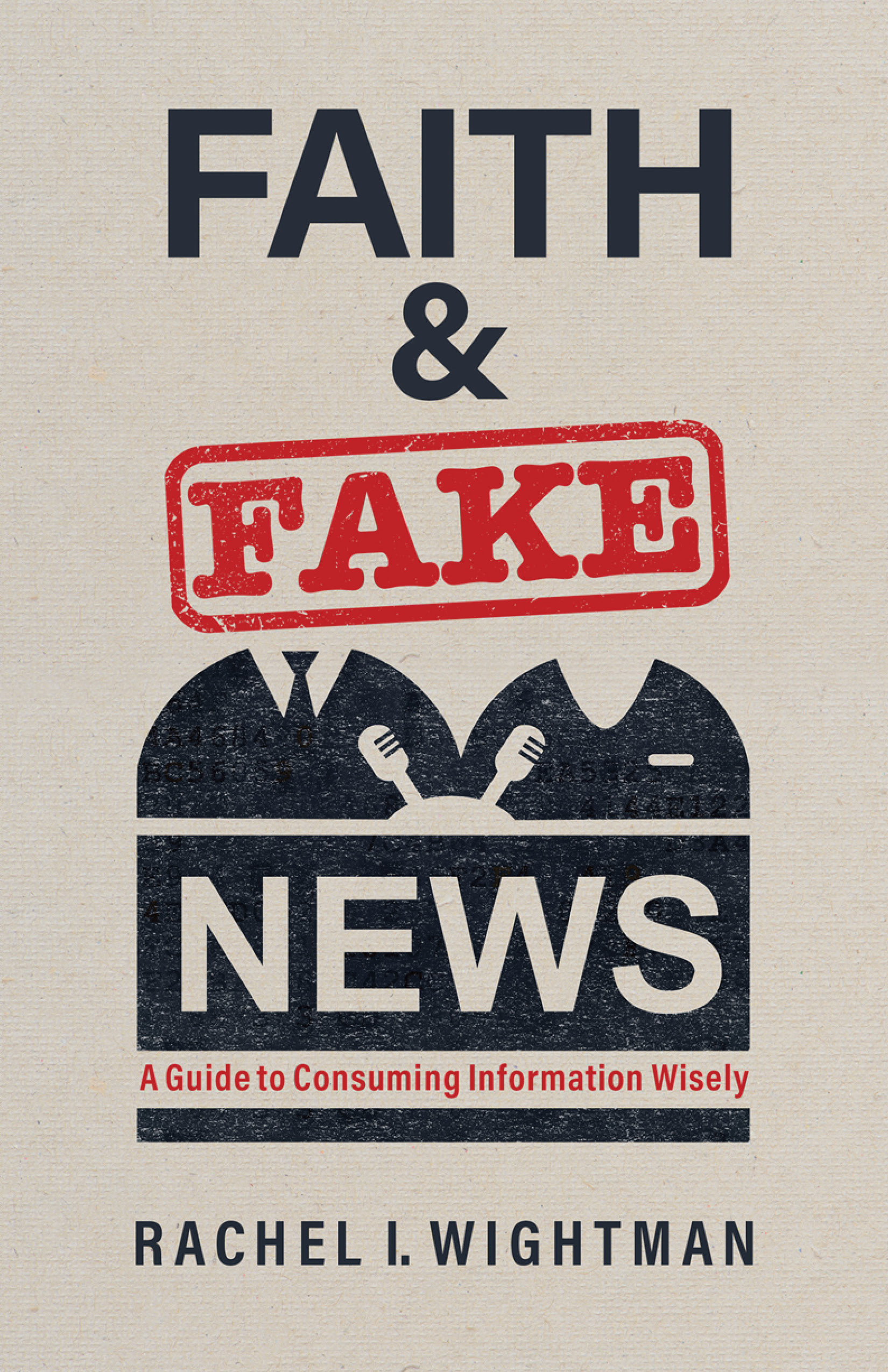
Review by Rev. Dennis Abraham (First published in Tiqvah Vol 1 Issue 4)
Fake news is a current and evolving reality that continues to be a subject of conversation and continuous interpretation by political entities, media agencies, government, and society. It has affected people all over the world as information technology develops and becomes faster and more accessible to all in all walks of life. “Fake news” itself has become a buzz word in light of the 2016 United States Presidential Elections.
The reality of fake news has been a bone of contention for Christians. Much of this can be found in posts on social media platforms. Posts that have absurd comments or images are sometimes generated by artificial intelligence. As online platforms become more accessible and become a medium for mass communication and interaction, Christians are called to discern, and to share in the love of God. Witnessing is not only in person, but also on digital media.
In Faith & Fake News, Rachel I. Wrightman discusses about practical steps to discern the truth and to share the truth in light of fake news and other distortions, all from a Christian perspective. The author provides a guide to explain the information landscape, including its multiple layers and complexities. Wrightman’s discussions are based on the Apostle Paul’s letter to Ephesians 4: 14-16.
The author’s thesis argues that people of faith are responsible for consuming information in a way that overcomes cultural division and promotes Christian formation. A lack of information literacy is what leads to a breakdown of communities. Understanding information literacy as Christian formation can restore relationships and lead to greater compassion. The author also discusses techniques to fact check, evaluate resources, and pointers for people to gracefully engage with people online. The author encourages readers to distinguish between the qualities of “free versus paid” information.
The book is structured quite intelligently and coherently, with seven chapters across three parts. Each of the chapters comes with reflection questions and exercises. Hence, this book can also be treated as a study guide. This book is recommended for those who want to gain insight and develop tools of discernment when consuming information in modern times, and a Christ-centered approach which is healthy and in line with Biblical teachings.
